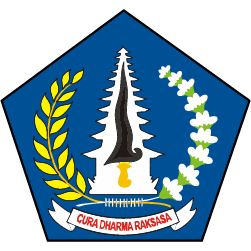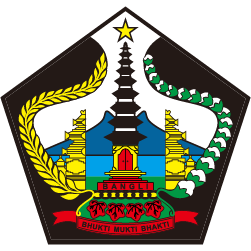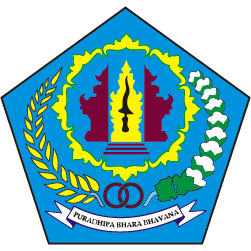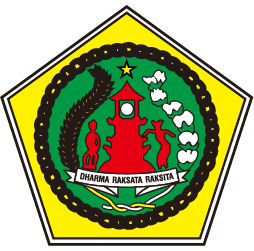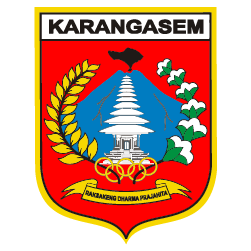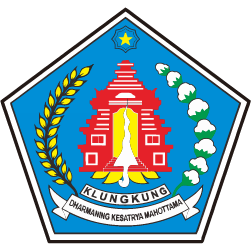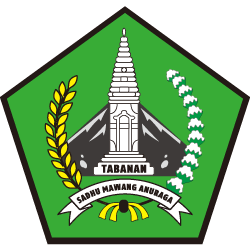Ogoh-ogoh Parade is Banned This Year Due to Covid-19 Pandemic
Ogoh-ogoh Parade is Banned This Year Due to Covid-19 Pandemic
Posted by: haniapriliani | Tuesday, 24 March 2020

On Friday, 20/3/2020, the Governor of Bali, I Wayan Koster, issued a circular letter related to the ban of ogoh-ogoh parade that will held on Caka New Year Eve 1942 or on the eve of Nyepi around March 24, 2020. All people in Bali is asked to stop all the activities that involve masses or crowds, includes cockfighting. Of course, this effort is done to support the central government in preventing the spread of Covid-19 disease in Bali.
Meanwhile before this statement was announced, the Governor, along with the Village Assembly and PHDI (Association of Hindu Dharma Indonesia) stated that the ogoh-ogoh parade will still being held. But within a specific radius, which will not cross the traditional village boundary. This statement was stated by the Governor of Bali through the secretary, Dewa Made Indra. But this policy was suddenly revised. Ogoh-ogoh parade is totally banned now due to Covid-19 Pandemic. Indra also stated that this ogoh-ogoh parade is not something mandatory to held during the Nyepi Day. So, it is okay to exclude this parade this time.
In the meantime, the government also asked to limit the number of people for Melasti Ceremony. Only 25 people of the ceremonial officers such as Pemangku, Sarati, and main Sadana holder that may take part in this holy ceremony. Melasti ceremony usually take place in some spots that are considered can purify our body. Beaches, lakes, beji (water sources), and campuhan (rivers) are the example of places that usually used for melasti. During the ceremony, Balinese-Hindu will bring together all the sacred objects in the temple to either beach, lakes, beji, or campuhan to purify it before carrying out the Catur Brata Seclusion for 24 hours.
Nyepi is a day reserved for self-reflection, and as such, anything that might interfere with that purpose is restricted. The main restrictions are Amati Geni (no lighting fires and or the lights must be kept low), Amati Karya (no working), Amati Lelanguan (no entertainment or pleasure), Amati Lelunganan (no traveling) and, for some, no talking or eating at all. This observed from 6 a.m until 6 a.m the next morning. One day before this silent day comes, villagers will parade the ogoh-ogoh, a demonic statue around the village before it gets burned in the cemeteries.
People usually celebrate this moment with festive. For example, in Denpasar. The ogoh-ogoh parade will take place in Catur Muka Intersection, exactly in 0 kilometer of Denpasar city. Thousands of people will spotted in this place. As well as those who walks to the beach for Melasti Ceremony. However, this cheerful ceremony will certainly not happen this year after a ban that released by the Governor of Bali. All these efforts are taken only to overcome the corona virus outbreak.






